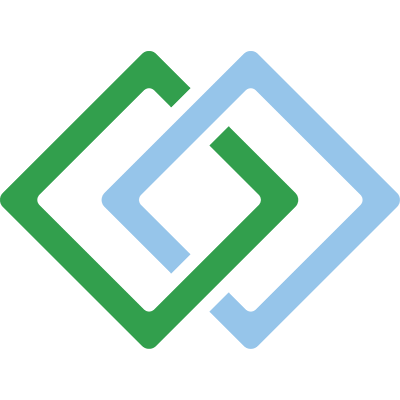
@ShahidNShah


Medication routines can become increasingly complicated with age. Seniors often manage multiple prescriptions for chronic conditions, each with its own schedule, dosage, and possible side effects. Without a system in place, this complexity can lead to missed doses, accidental double dosing, or dangerous drug interactions. Streamlining how medications are organized, administered, and monitored is key to protecting health and promoting independence.
One of the simplest ways to improve adherence is to integrate medications into an existing daily routine. Linking medication times to regular activities, such as meals or bedtime, helps create a predictable rhythm. This also reduces the likelihood of forgetting a dose or taking it at the wrong time. Many seniors find success by using labeled pill organizers that divide medications by day and time.
Digital reminders can also be helpful. Smartphone alarms, smartwatches, or voice-activated assistants can provide gentle prompts. For those who prefer offline solutions, visual cue cards or a wall calendar can serve as a reliable guide.
Medication regimens often change over time. Some drugs may no longer be needed, while others could be causing unnecessary side effects or interactions. Scheduling periodic medication reviews with a primary care provider or pharmacist ensures that prescriptions remain appropriate and effective. These reviews also provide opportunities to simplify the list by switching to combination medications or longer-acting formulas.
In some cases, services that provide doctor house calls for seniors offer added convenience by bringing medical oversight directly into the home. This can be especially beneficial for individuals who have mobility issues or limited access to transportation.
For seniors managing multiple medications, pre-sorted packaging from pharmacies can eliminate guesswork. These packages separate pills into clearly labeled packets based on the time of day and date they need to be taken. This method is especially helpful for caregivers or family members assisting with medication oversight.
Create a Medication List and Keep It Updated
Maintaining a current list of all medications, including over-the-counter drugs and supplements, is essential. This list should include the name, dosage, frequency, and reason for each medication. Keeping this document updated and accessible allows healthcare providers to make informed decisions and helps during emergency situations.
A printed copy can be stored in an easy-to-reach location, such as on the refrigerator or in a wallet. Digital versions can be shared with family members or caregivers through email or secure mobile apps.
While many seniors prefer to manage their medications independently, involving trusted family members or caregivers in oversight can provide safety without undermining autonomy. Regular check-ins, even just once a week, can help identify issues like missed doses or expired medications. If assistance is needed, it can be introduced gradually and respectfully.
When seniors have reliable systems in place, they are more likely to take medications correctly and experience fewer complications. Better adherence contributes to improved health outcomes and reduces the risk of hospitalizations related to preventable errors. Look over the accompanying resource for more information.

Chief Editor - Medigy & HealthcareGuys.
To run a profitable healthcare practice, efficient Medical billing is essential. Accurate billing, timely reimbursements, adhering to regulations, and generating financial profit is not easy thing. …
Posted Aug 7, 2025 Coding / Billing And Claims Medical Billing
Connecting innovation decision makers to authoritative information, institutions, people and insights.
Medigy accurately delivers healthcare and technology information, news and insight from around the world.
Medigy surfaces the world's best crowdsourced health tech offerings with social interactions and peer reviews.
© 2026 Netspective Foundation, Inc. All Rights Reserved.
Built on Feb 13, 2026 at 12:17pm